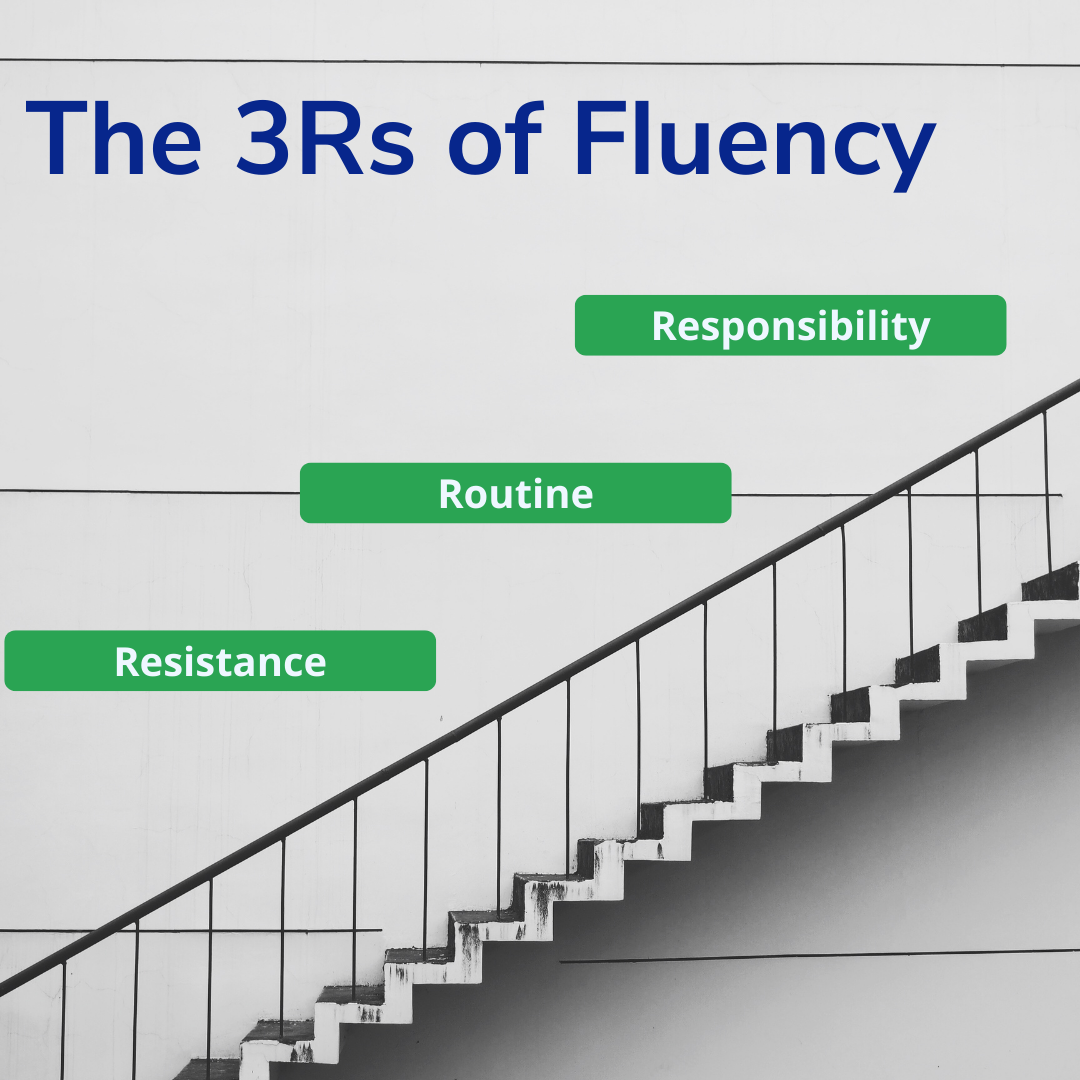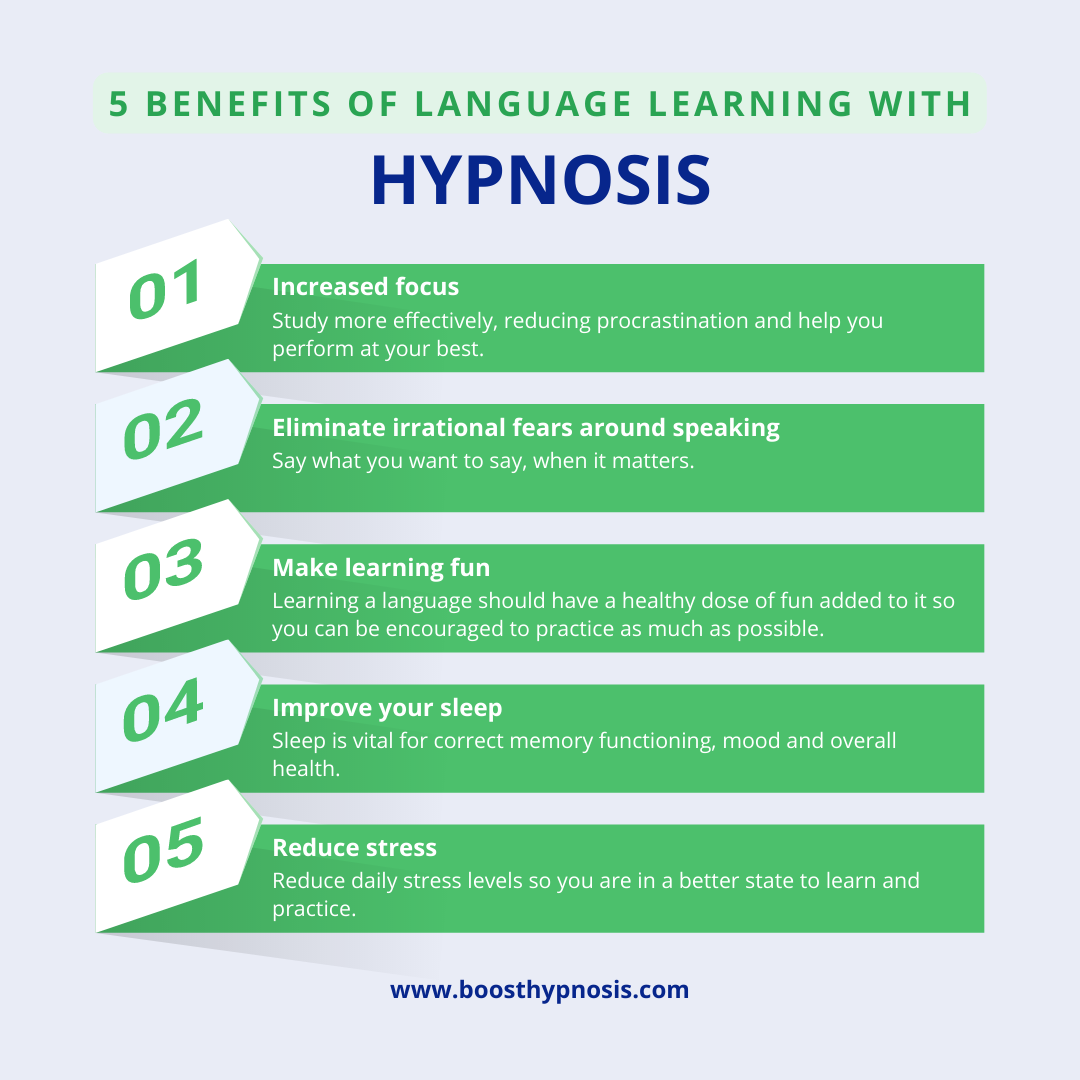Many of us dream to be able to learn a language as effortlessly as we learnt our mother tongue. Many make very good attempts, by taking classes or using self-study courses, yet often something seems to halt further progress.
You may have jumped to the conclusion that is is harder now because you are an adult, or that you lack the necessary academic skills to reach a level that one might call fluency. Or, it might be a lack of motivation. After all, why learn a language if you are not going to use it?
First of all, I would like to congratulate you if you are learning a language. You are doing something incredible, which you may not realise yet.
So how can you become fluent in a foreign language? Why do many struggle so much in learning a language?
You are not too old to learn a langauge
You have probably heard this before:
''It's easier to learn a language when you're really young, as you get older it gets more difficult.''
From a developmental perspective, yes, the brains of children are different. Children do seem to pick up a foreign language more easily, because there is a curious mindset to learn and discover how things work.
As we get older, we learn emotions such as shame, guilt as well as having a greater awareness of our surroundings. We begin to compare ourselves with world around us.
It's no wonder that many adults struggle to learn a language. No matter your profession or level, you have been accustomed to being able to communicate in your native language, and as a beginner you are very much aware that there are 4 year olds that have a greater range of vocabulary than you.
Yet adults have the also distinct advantages for instance, the ability to manage your time, organise your day, learn within context and access a wide range of different materials in the language you want to learn.
There has never been a better time to learn a language as technology continues to improve, access to information has become a whole lot easier. Travel has become easier and we are able to connect with native speakers anywhere in the world.
What to look for in a language teacher
Not all language classes are bad, but many can bring back memories of humiliation, have dull teaching methods, disinterested students or students at wildly different levels and varying levels of motivation. This can create a lot of frustration.
Living in Brussels, the home of many language schools and classes. Here, many are organised over your weekend, or for up to 3-4 hours in the evening several times a week, adding pressure to an already busy life agenda. Despite this, Brussels is an excellent city to learn a language in.
The mind is attracted to novelty and fun. I remember my best language teachers were those who could find the right balance between teaching and making things fun, who created an easy atmosphere to just have a go.
Grammar is not everything, but it is important.
I often describe language learning as being a little bit like a house. You need inner and outer walls, which structure the building. This is the verbs, tenses, moods. You need a good roof, which keeps everything protected. This is your pronunciation. You then need windows, doors, furniture and fittings which form your vocabulary.
Yet there is something missing, and this is the foundations. The foundation is not a secret stock of new words, it's a psychological one which is constructed over time, subconsciously.
It's the drive, the curiosity of learning a whole new way of thinking, the belief, the confidence to practice and the willingness to mess it all up completely.
However, even language learners who have been learning a language for many years, may find this foundation missing and consequently struggle.
It's not all about financial rewards
Do you earn more money if you speak a foreign language? Maybe. When I grew up in the UK, this was the argument used by government and teachers to encourage students to take up a foreign language, especially after age 14 where it was no longer mandatory. There will be employers queuing up to hire you, you will get a well paid job.
A quick search on any job site in the UK, shows that employers are naturally looking for a main discipline plus a language, so just speaking the language in of itself is not enough, it needs to be combined with a speciality such as finance, marketing, legal, sales or a technical skill.
In multi-lingual countries such as Belgium, Luxembourg or Switzerland being bilingual or even trilingual is a necessity in order to even be considered for a position, as well as having another discipline.
So the financial rewards are there, and they are important, but this is unlikely to be enough motivation to keep you going, because language learning is a much longer game and you will get bored and demotivated quickly.
It is not simply just a question which intensive course you should pick. You need to develop a long term curiosity for the language and build your skills over time.
How to become fluent in a foreign language

Let me introduce you to what I call the 3 R's of fluency which when used together will help you develop your language skills. Here they are:
Responsibility
Resistance
Routine
Responsibility
Resistance
Resist the urge to give in and wiggle back to your native language to get out of an awkward situation, embrace it and keep going.
You may find that out of good intentions, people naturally will try and speak to you in your native language, this is your cue to keep going and reply back in the language you are learning.
Routine
Begin by creating a daily routine around your language learning. One of the easiest things to do is to find one thing that you are already doing, but do it using the language you are learning.
For instance, it might be those conversations you have with yourself or might be reading, watching or listening to the news. This way, you build it into your day without having to add it to your ever growing to-do list.
It's simple, but practice is ultimately is what is going to make you fluent, and I mean a lot of practice.
Dealing with social anxiety, fear of making mistakes, self-doubt in language learning.
Many people when they speak a foreign language become very self-conscious, nervous, they may speak too quietly to be understood, they may worry about getting it all wrong.
All this takes up a lot of bandwidth, and will quickly derail your efforts. While many people can eventually notice that with practice this tends to solve itself, like many issues.
However, many can make a judgement that language learning is not for them and give up. I think this is a real shame and a missed opportunity.
Hypnosis is useful for language learning
Let's be honest, nothing is going to magically implant the language in your brain.
Yet clinical hypnosis and particularly the application of self-hypnosis have been shown to be effective in learning, peak performance, public speaking, improving sleep, improving focus and creating an overall better environment for learning.
Rather than a magic solution, think of it like a highly useful tool to help you perform at your best.
For many people, hypnosis is often misunderstood due to how it is used in an entertainment context. In clinical hypnosis, it is really about helping you really look at a problem differently and teaching you practical skills that you can use to help clear away the mental clutter, the self-doubt so that you can say what you want to say to the best of your ability.

5 benefits for hypnosis for language learning.
- Increased focus so you can study better, improve exam results
- Eliminate irrational fears around speaking in public and social settings so you can say what you want to say
- Build a curious and fun environment for learning so that you practice more and build your confidence
- Improve sleep, which is helpful for overall health and memory recall.
- Reduce stress levels day to day, so you can enjoy learning a language
